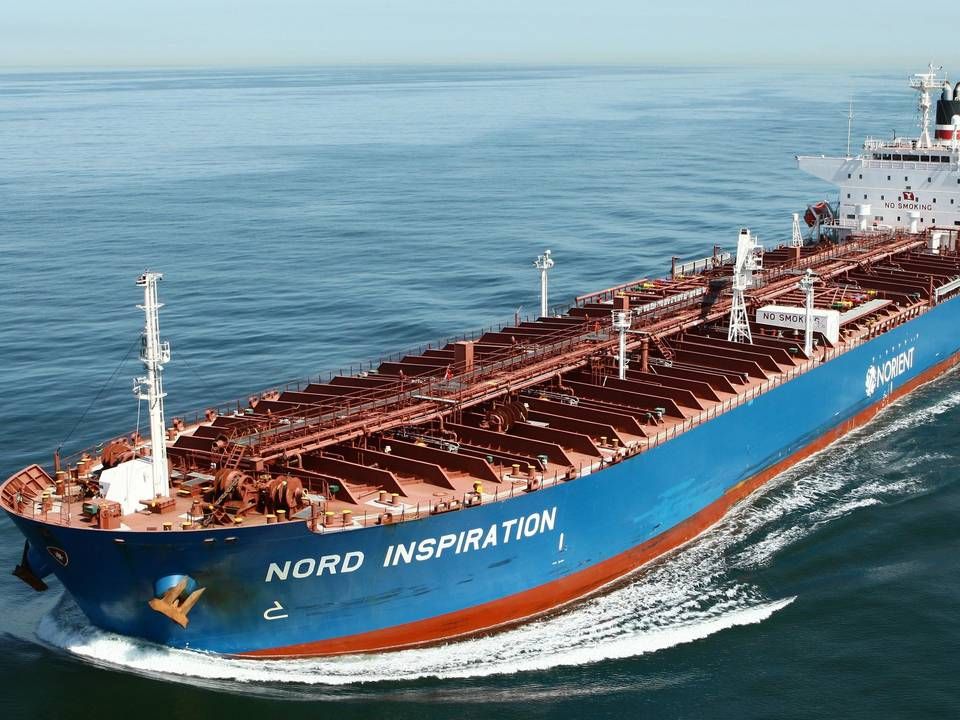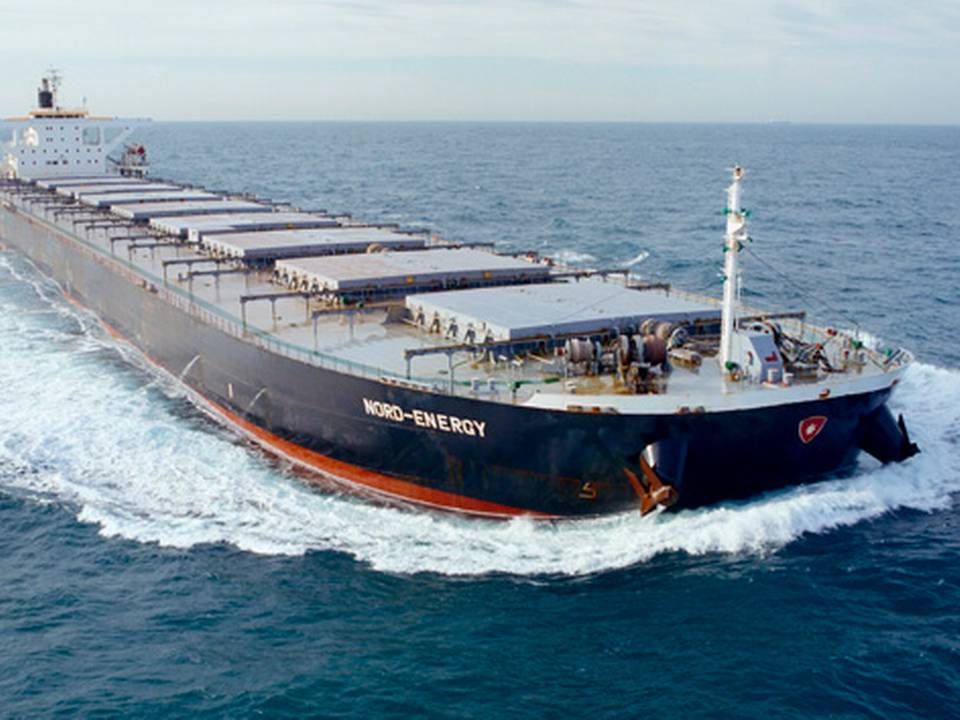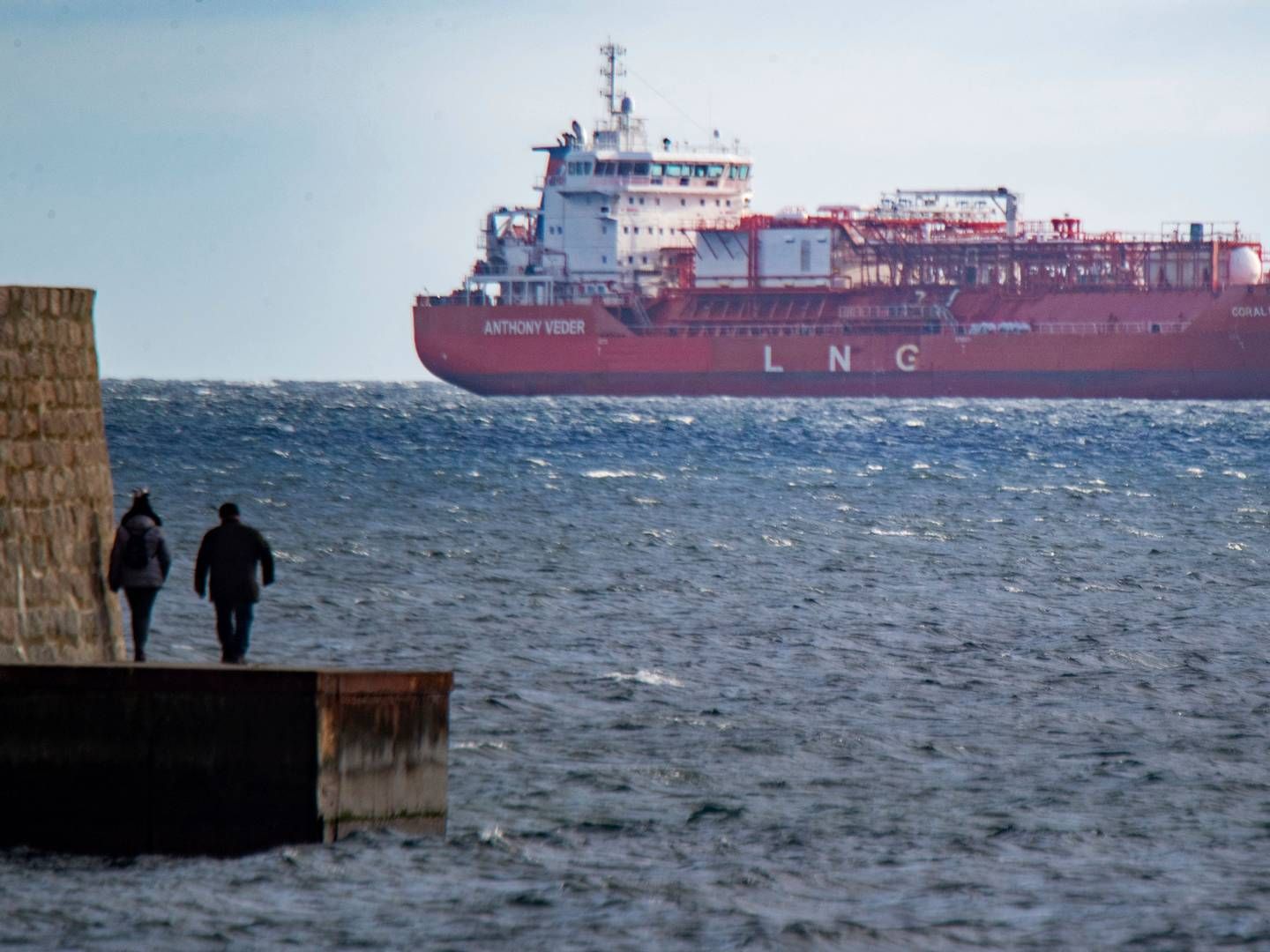Norden's market value down almost USD 1 billion this year
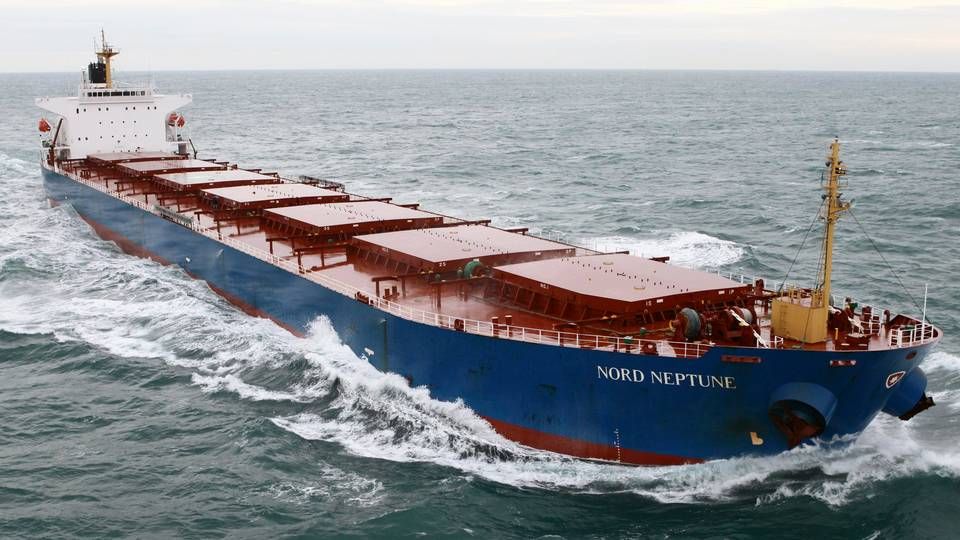
Since the beginning of 2014, Danish Norden has seen its market value cut almost in half, a 48 percent drop, corresponding to around USD 972.5 million.
The drastic decline of the Norden share is closely tied to the towering expectations that the carrier - like most of the global dry bulk industry - had for 2014, and Norden seems to be preparing yet another dismal interim report, set to be published on November 12.
Analyst Frode Mørkedal of RS Platou Markets expects a "terrible" quarter in his latest preview and an even worse quarter than previously expected.
Norden announces new Australian offense
For Norden's major dry bulk division, Platou expects an operating deficit (EBITDA) of USD 21 million, compared to USD 6 million in the previous quarter. The 3rd quarter forecast is based on unchanged fleet size, but if Norden has reduced its fleet further the result might be slightly better better.
Nevertheless, Norden's result is anticipated to clock in at the lower end, according to Bloomberg's preliminary analyst consensus, which points to a USD 4 million operating deficit for the Norden Group as a whole - a figure that is too optimistic, says Platou.
Platou expects a combined operating deficit (EBITDA) of USD 50 million for Norden in the full-year 2014.
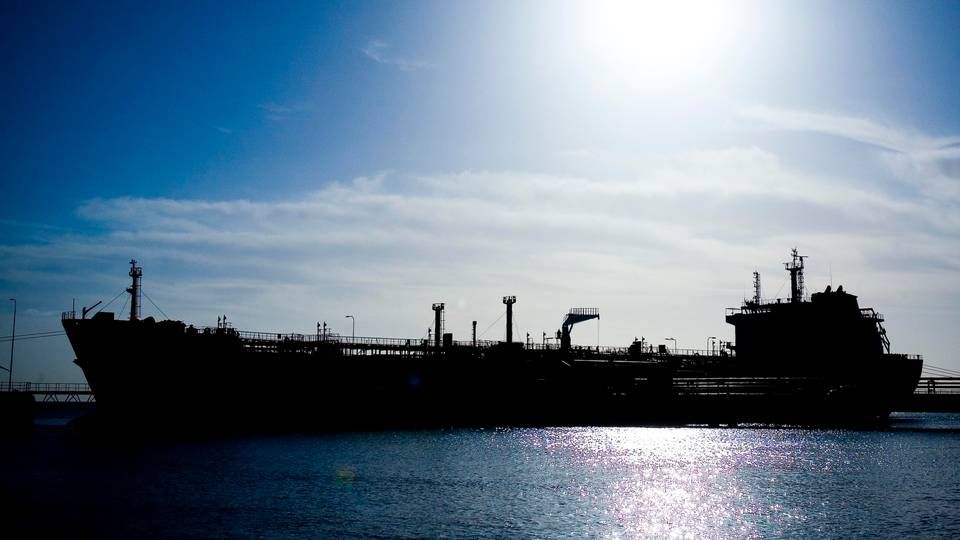
Stock analyst Jesper Christensen of Alm. Brand Markets considers Norden an attractive and reasonably priced share that has been punished severely by the weak international dry bulk market.
Norden changes strategy after 6 months deficit
"Norden has been through a very poor market in the beginning of the 2nd half of 2014, a period the company entered with very high expectations. I think the share has been punished way too hard. There is still a reasonable underlying demand and a smaller supply of ships going forward. So we still expect the markets to improve, perhaps toward the end of the year and into 2015," Jesper Christensen tells ShippingWatch.
Rates for the large, oceangoing Capesize bulkers have increased recently, but the question is whether this improvement is sufficient to regain some of the lost ground for dry bulk carriers in 2014.
At the beginning of 2014, the stock market's expectations for a dry bulk rebound were so high that the market was willing to pay a premium compared to Norden's internal value.
Norden hit by Atlantic nightmare
"We haven't seen anything like this before in the history of Norden. At least not since Norden began publishing its theoretical NAV (Inner value)," says Jesper Christensen.
At Handelsbanken, analyst Dan Togo Jensen does not believe that 2015 will bring many improvements for Norden and the rest of the dry bulk industry:
"Asset values will continue to erode, also in 2015."
New CEO still not announced
The Norden Board of Directors has yet to announce who will replace Carsten Mortensen as CEO of the carrier.
Carsten Mortensen opted to resign in June of this year in order to start work as new Group CEO of BW Group, after heading Norden for 10 years and having spent a total of 17 years with the carrier.
After just six months, Norden - after the first half of the 2014 - was forced to change the strategy the carrier launched at the beginning of the year. The strategy represented a break from many years of caution and focus on securing returns for shareholders in the dry bulk and product tanker carrier. The decision turned out to be ill-suited for the market that surfaced during the first half of the year.
"The poorer than expected markets will not influence Norden’s business model and overall strategy, but based on the market developments in the first half-year, the part of the strategy pertaining to market exposure has been evaluated and adjusted," said the carrier in its 2nd quarter interim report back in August.
A few weeks ago, Norden's two primary shareholders, A/S Motortramp and Rasmussengruppen, terminated their mutual shareholder agreement. The two stakeholders have for many years had a mutual agreement in place stating that neither investor would sell to a third party without first offering the stake to each other.
Analysts subsequently estimated that the fact that the major shareholders will no longer have to consult each other first if they want to divest their Norden shares could raise the question of whether the financially well-equipped dry bulk and tanker carrier could - in the long term - become an acquisition candidate, for instance for private equity funds.
Major fluctuations make Norden-investor hesitant


